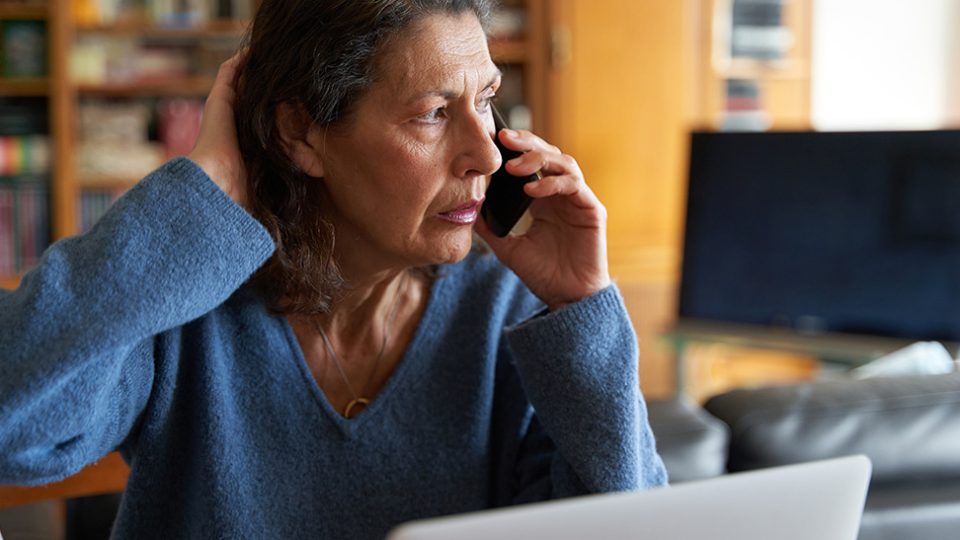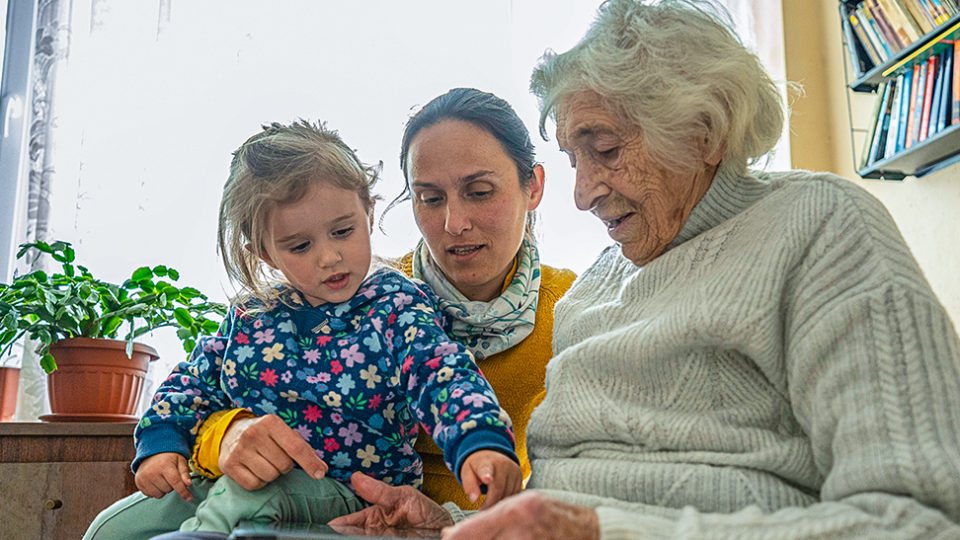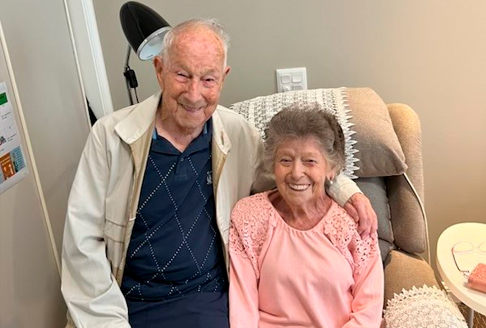The story of Jack and Gloria begins in the popular seaside town of Inverloch, on the Gippsland coast. Six-year-old Gloria had moved from Woodend to join Jack’s Inverloch Primary school. Jack remembers Gloria as ‘the new kid on the block,’ a ‘pretty young thing from out of town.’
“I recall all the boys being sweet on Gloria,” said Jack “so I thought I better pull out all the stops to get her attention! I used to pinch roses out of the gardens on my way to school just to sweeten the deal!”’
Jack recalls Friday morning singing where the older children had to sing a solo, but Gloria refused, resulting in the whole school being keep in for lunch until Gloria eventually – through tears – managed to belt out a song.
Jack and Gloria were students at the same school until about year eight when Jack left school to work at a grocery shop in Inverloch and Gloria moved to Yallourn North to work in a women’s clothing store. Later on, Jack joined the Navy and lost contact with Gloria. It wasn’t until years later when Jack moved to Morwell that he would see Gloria around town, but both had married by then and had their own families.
“Jack was always well behaved and well mannered, he never put a foot wrong and was always doing what he was told. Nothing like the show pony you see today!”
Gloria remembers Jack as the shy boy who brought her roses that she kept in a silk box.
Jack and Gloria joke about Jack being her first boyfriend – the one she couldn’t forget. In fact, Gloria’s first husband’s name was Jack and then Gloria later remarried and – you guessed it – his name was also Jack! They joke that she tried to replace Jack with another Jack and another Jack.
Office Manager at St Hilary’s Shylo Murphy remembers the day that Gloria and Jack saw each other again for the first time in years at St Hilary’s. “I remember hearing Jack saying, “oh my goodness – is that Gloria?” and Gloria turning towards him, stopping still and saying ‘Oh, who let you in here?!’ with the cheekiest smile on her face!” said Shylo. “Both were like teenagers again for a split second, you could see both just as nervous as the other one.”
As the chat draws to an end, Jack turns to Gloria with his trademark playful grin and says, “You will always be the sweet girl with her hair in curls to me.”
Rumour has it that Jack still remembers Gloria’s birthday and has even pre-ordered the roses, and that Gloria just may have the perfect silk box ready and waiting.
With thanks to Shylo Murphy, Office Manager at St Hilary’s for her interview notes.
Community news
-

Tips for dealing with life in the sandwich generation
This is part two in our blog series on the sandwich generation. Here are some tips for dealing with the carer’s squeeze experienced by a growing number of Australians, particularly women. Key points: Summary of challenges facing the sandwich generation Tips for dealing with the challenges System reforms needed
- 11 Jul 2025
-

Meet Suraj | Hospitality Manager Residential Aged Care
What makes a residential aged care community truly feel like home? It’s the perfect blend of a warm, inviting atmosphere, devoted and compassionate staff, and thoughtfully crafted meals that foster an undeniable sense of belonging. Today we meet Suraj Ligade, Baptcare’s Hospitality Manager, to explore how his passion for care and culinary excellence nourishes both the bodies and spirits of our treasured aged care residents.
- 10 Jul 2025
-

The sandwich generation phenomenon unpacked
Welcome to the first of two blogs on the theme of the sandwich generation in Australia. In this one, we’ll cover the definition of the sandwich generation, the different types of caring that fall within it and some of the issues those in the sandwich generation face. The second blog will cover tips for dealing with life in the sandwich generation
- 02 Jul 2025

